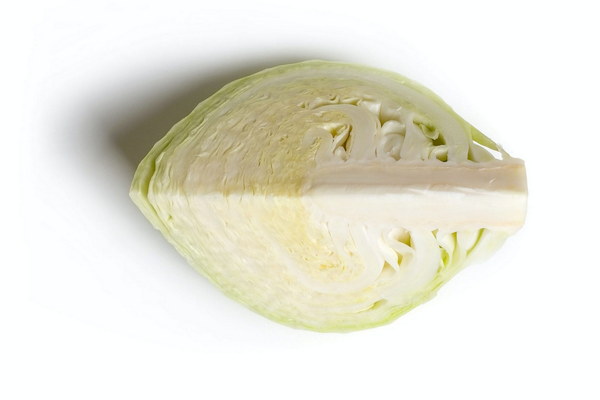Does Rice Really Help in Reinforcing Kidneys A Comprehensive Look
In traditional Chinese medicine, the concept of reinforcing kidneys is a central aspect of maintaining overall health and longevity. Among the various foods that are believed to aid in this process, rice has often been mentioned. But does rice really help in reinforcing kidneys? This article delves into the topic, examining both traditional beliefs and modern research to provide a comprehensive look at the relationship between rice and kidney health.
Traditional Chinese Medicine and Rice
In traditional Chinese medicine (TCM), rice is often associated with the kidney meridian, which is believed to play a significant role in the body's overall health. According to TCM, the kidneys are the root of vitality and are responsible for the storage of essence, which is crucial for longevity and reproductive health. Foods that are considered to be warming and nourishing are thought to reinforce the kidneys, and rice is often categorized in this category.
Nutritional Value of Rice
From a nutritional standpoint, rice is a rich source of carbohydrates, providing a quick source of energy. It also contains some protein, vitamins, and minerals. However, it is important to note that the nutritional value of rice can vary depending on the type and how it is prepared.
Modern Research on Rice and Kidney Health
While traditional beliefs hold that rice can reinforce kidneys, modern scientific research has not been able to conclusively prove this. Some studies suggest that the consumption of white rice, which is the most common type of rice eaten in the Western world, may be linked to an increased risk of kidney disease, particularly in individuals with pre-existing kidney conditions.
1. Type 2 Diabetes and Kidney Disease: Research has shown that a high consumption of white rice, particularly in Asian populations, may be associated with an increased risk of type 2 diabetes, which is a significant risk factor for kidney disease.
2. Glycemic Index: White rice has a high glycemic index, meaning it can cause a rapid spike in blood sugar levels. This spike can lead to chronic inflammation, which is harmful to the kidneys.
3. Whole Grain Rice: On the other hand, whole grain rice, such as brown rice, has been shown to have a lower glycemic index and may actually have a protective effect on kidney health.

Conclusion
While traditional beliefs suggest that rice can reinforce kidneys, modern research indicates that the type of rice consumed is crucial. White rice, with its high glycemic index and potential link to type 2 diabetes, may actually pose a risk to kidney health. In contrast, whole grain rice may offer some benefits. It is important to consider the nutritional value of the rice you consume and to discuss your dietary choices with a healthcare professional, particularly if you have pre-existing kidney conditions.
In summary, while rice may not be a direct reinforcement for kidneys in the traditional sense, the choice of rice can have a significant impact on kidney health. By opting for whole grain rice and being mindful of your overall diet, you can make healthier choices that support your kidney health.









